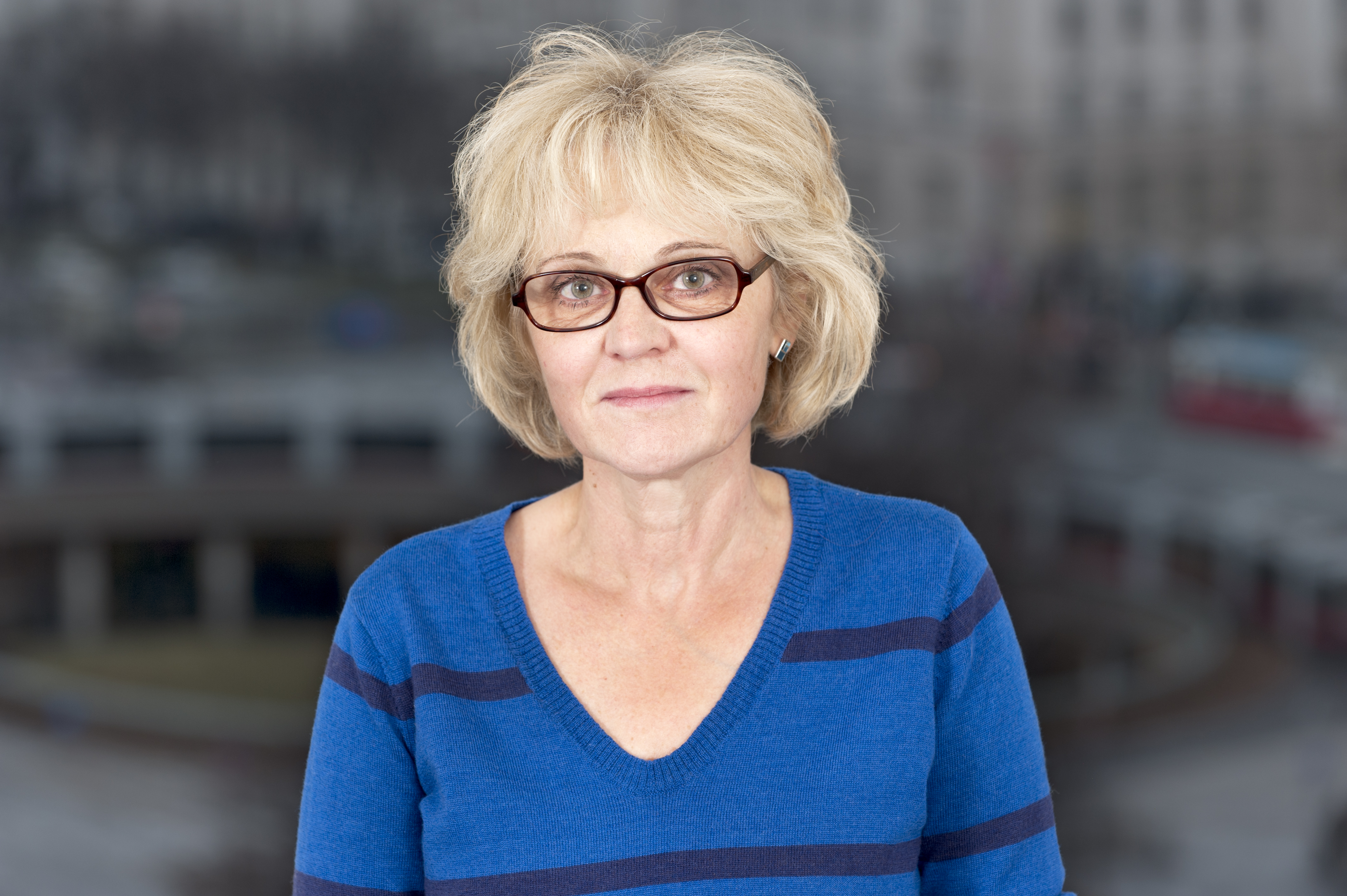
Where are you visiting us from?
I am a visiting scholar from Bulgaria. I teach literature, translation, and cultural studies at the Department of English and American Studies at St Kliment Ohridski University of Sofia. Although we do not have a separate Gender Studies department, I have infused gender approaches in all my courses, and have been involved in the long process towards establishing gender studies as a legitimate area of studies and research in the Bulgarian academia.
What will you be researching in your time here?
My own background as an activist, researcher, and veteran translator of feminist theory and gender-related texts (including the book Our Bodies, Ourselves by the Boston Women’s Health Book Collective) has alerted me to the instrumental role of translation in social and political processes.
My current research is centred on the political uses and abuses of gender in translation. The latter topic has become extremely topical and sensitive in recent years in many post-communist countries, where misunderstanding and mistranslations of gender-related documents and directives have added fuel to the overall anti-gender hysteria, leading to the refusal of six EU member states (including Bulgaria, Slovakia, Poland, Romania, and Hungary) to ratify the Istanbul convention on the prevention and combating of violence against women and domestic violence.
Why did you want to visit LSE and the Department of Gender Studies as part of your research?
As a former associate editor for the European Journal of Women’s Studies (between 2008-2016) I have had multiple opportunities to appreciate the level of education and research at the biggest gender studies department in Europe.
During my visit (as part of the SUMMIT project at Sofia University) I want to use the research synergies in the Department of Gender Studies and the institutional resources of LSE (such as the Library, public lectures, and other events) in order to broaden my cross-cultural perspectives to the rising anti-gender ideology in Europe as well as possible strategies of resistance: in this respect, I can learn a lot from the LSE project Transnational 'Anti-Gender' Movements and Resistance: Narratives and Interventions.
What do you hope will be the impact of your research?
Through my ensuing publications I hope to draw attention to diverse strategies of political manipulation and intervention in/through translation as well as facilitate better understanding of the conceptual vocabularies linked to various gender ideologies.
What have you enjoyed most about visiting the department?
I feel privileged to be part of the vibrant and supporting gender community at LSE, which is a truly international and stimulating academic space.
Why is Gender Studies an important discipline to study and research?
I believe in the enormous transformative potential of education in general, and Gender Studies, in particular, as it is a discipline that is linked to everyday experience but also it affects and intersects with all disciplines in the humanities and sciences. As a latecomer on the educational field, Gender Studies can be simultaneously anti-disciplinary and subversive as well as innovative and ground-breaking.
What are you most excited to explore or visit in London?
London theatre – so diverse and so exciting!